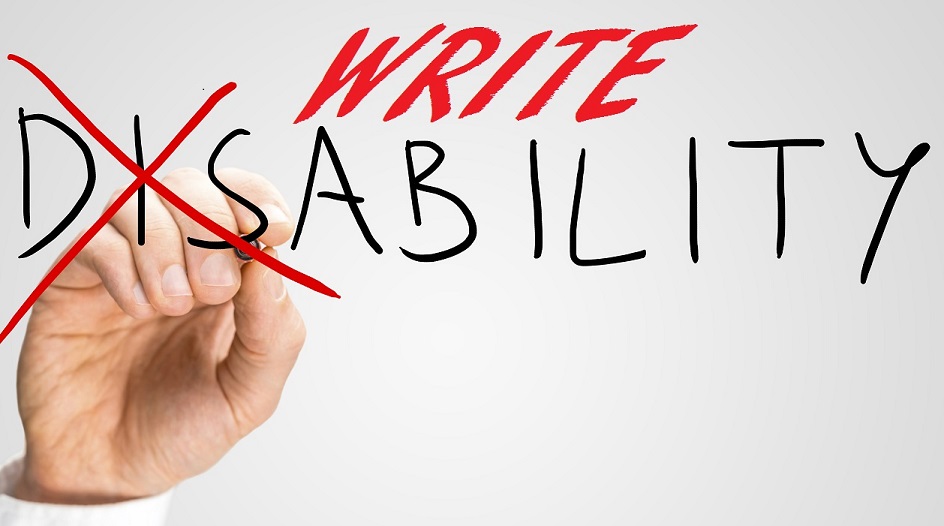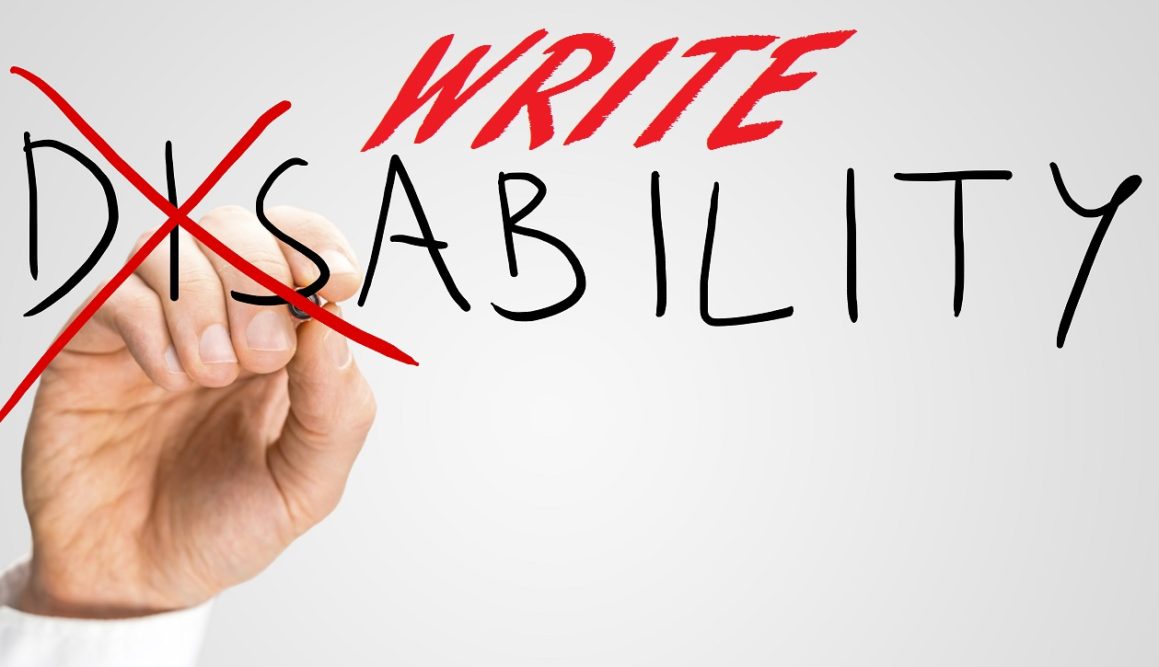
Writers Chat Recap for March Part 2
Writers Chat, hosted by Johnnie Alexander, Brandy Brow, and Melissa Stroh, is the show where we talk about all…
March 30, 2025
Writers Chat, hosted by Johnnie Alexander, Brandy Brow, and Melissa Stroh, is the show where we talk about all…
March 30, 2025
Last month I attended an annual writers conference to learn more about the craft and pitch my nonfiction books.…
June 29, 2021
I learned in physical therapy every brain injury is different, no one can predict how a T. B. I.…
March 29, 2021
Recently, I decided to upgrade and focus on my YouTube channel. When I first started it in 2006, my…
February 28, 2021
Recently I heard an update about the long-term effects of those who have survived Covid-19. Not only can the…
October 29, 2020
Last month I was ready to go on a road trip, shut down my devices, and just vegetate for…
September 29, 2020
I have shared before how difficult those first days after my accident were. This month I want to give…
April 29, 2020
Because of my brain injury, I’m a big fan of making progress. I learned after my accident progress is…
January 29, 2020
Recently I finished a rewrite of a screenplay I’ve been working on this year. I felt a sense of…
July 29, 2019
My first days in a rehabilitation hospital after my accident were some of the most difficult days of my…
May 29, 2019
King David, Isaiah, Jeremiah: Inclusion of Their Sick and Crippled Picture a playground of children picking teams for…
July 27, 2017
The Holy Bible, shows the stigma of disability and the encouragement and inclusion for the disabled, despite today’s protests…
June 25, 2017
This month I’m featuring John Wiswell, a writer of science fiction, fantasy, and horror with a touch of humor…
April 29, 2017
Ann Pietrangelo is the author of No More Secs! Living, Laughing, Loving Despite Multiple Sclerosis, and Catch That Look:…
February 25, 2017
Magazines, literary agents, and publishers continue to look for excellent writing in fiction and non-fiction genres which exemplify diversity.…
January 18, 2017
I have a disability. In fact, I have several. My body dictates everything for me: when I write,…
December 29, 2016